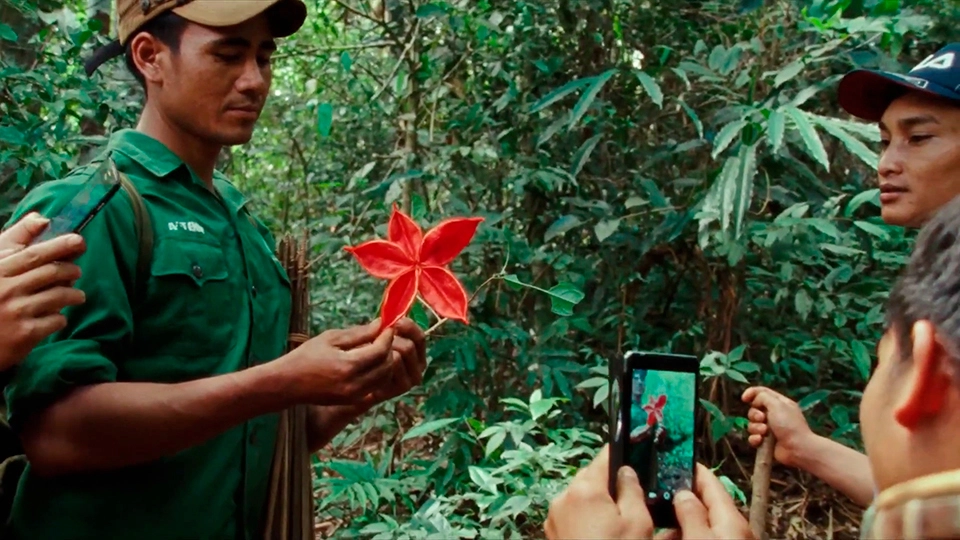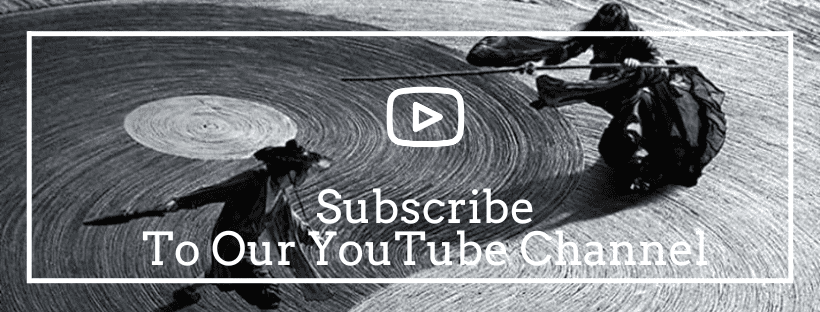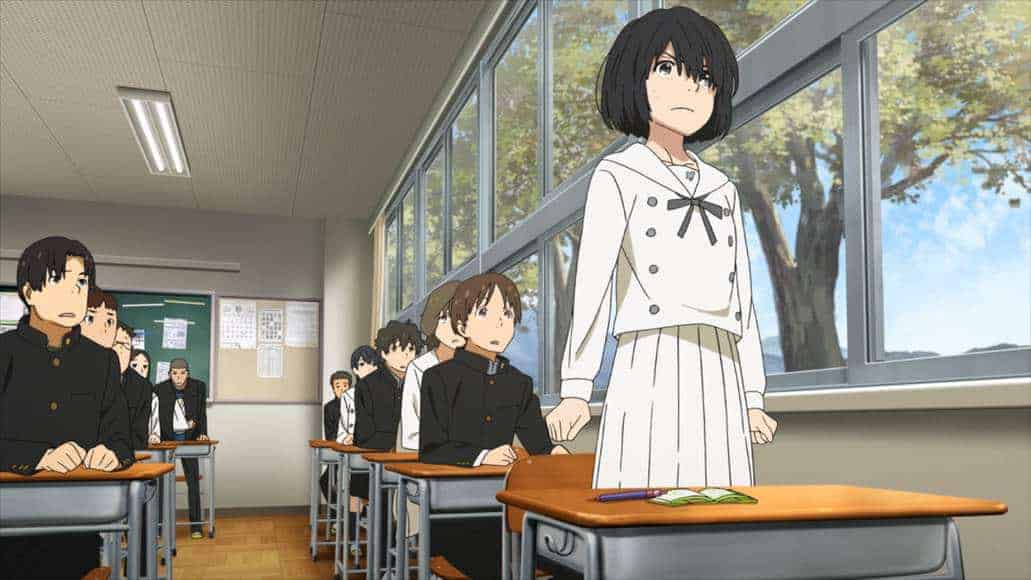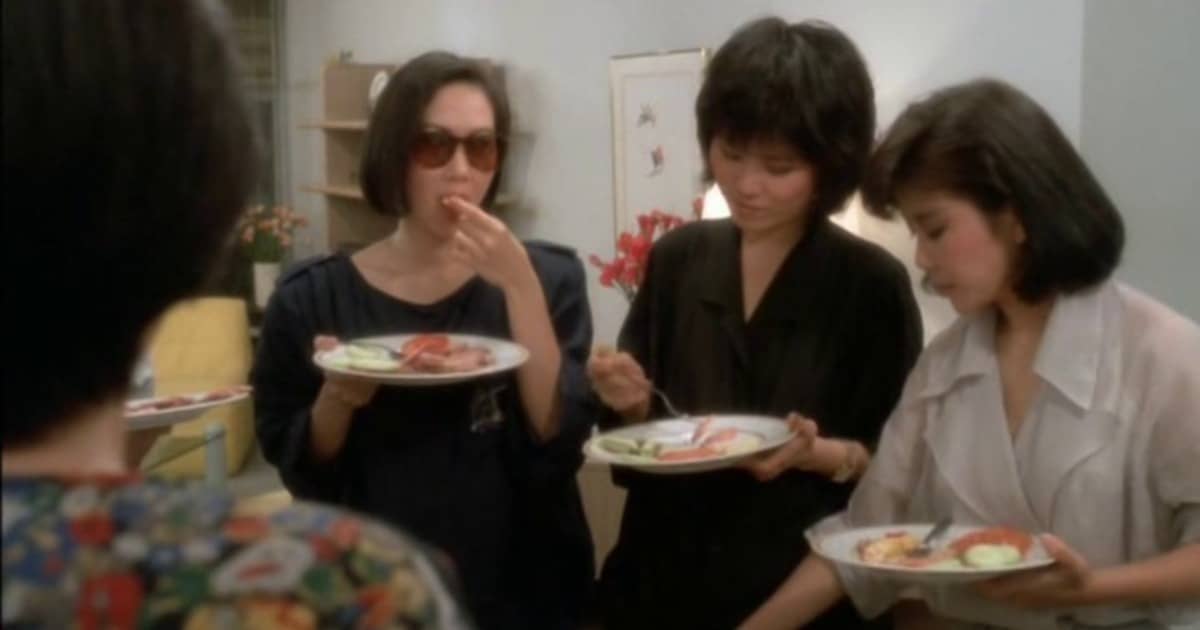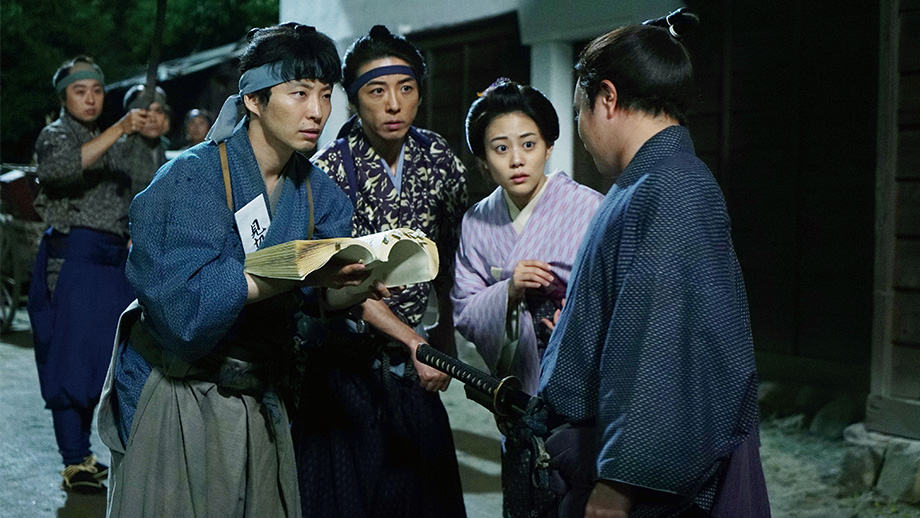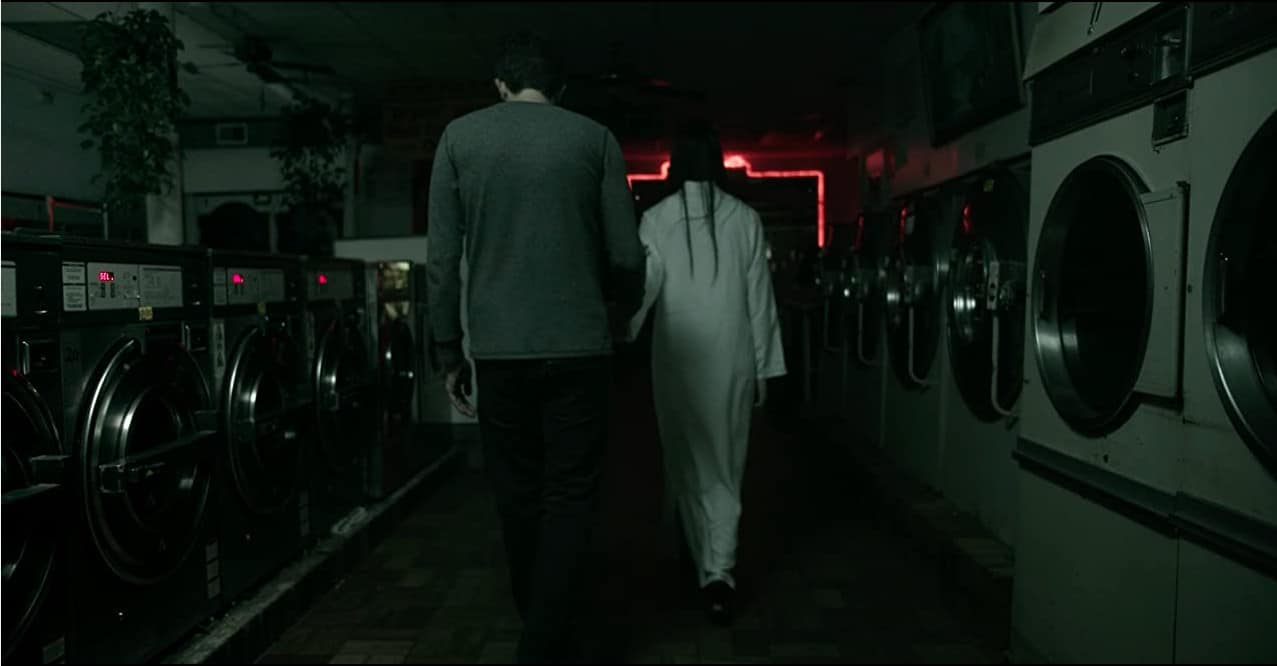Within a globalized world, it is inevitable that we will deal with conflicts such as tradition versus progress. Even though the two aspects do not necessarily have to be contrasts, the speed at which our world is moving forward seems to demand it, slowly dissolving rituals and customs which have become an integral part within the cultural fabric of society. Considering the way some of these traditions are linked with the environment and natural resources, it perhaps sheds some light on processes of exploitation, as the damage that is being done does not only affect culture. There are many traditions and cultures in Vietnam, many of which are connected to the jungle, but, as generations move away from their homes and nature is being exploited, they disappear. In her documentary “The Dust of Modern Life”, director Franziska von Stenglin captures one of these customs, maybe for the last time before it becomes involved in the process of dissolution.
At the center of the feature there is Liem, a father and a rancher as well as a Sedang, a cultural minority in Vietnam. While most of his life revolves around the seasons, the crops and the multiple tasks on the field, it is also important to him to keep alive a tradition which has been passed down from his ancestors: going hunting and in general spending some days within the jungle. Apart from learning how to find, hunt and trap animals, rats, frogs and crabs, it is also a ritual of initiation or spiritual trip, reminding a person of his or her bond with nature. Von Stenglin and her crew accompany Liem and a few of the other farmers as they prepare and eventually go into the jungle, taking it upon themselves to experience a tradition that future generations will perhaps forget about.
Although the core of the documentary lies in Liem's journey into the jungle, a good portion of the feature is spent showing the family life of the young man as well as the social microcosm of the small community he lives in. The other farmers, all of which are around Liem's age, form a tight-knit bond, through their work and their connection to traditions, that they hope to pass on to their children, who, as Liem's wife tells him at one point, will likely not follow in their footsteps in that regard. Through on the surface these are banal observations and conversations, Von Stenglin points her viewer to her most important theme, which may be the older generation's helplessness when it comes to preserving something that may already be lost due to circumstances they cannot control fully.
In the end, “The Dust of Modern Life” is a feature defined by contrasts, as emphasized by its two parts. Whereas it was the voice of a radio announcer talking about the latest developments in Brexit or the move of companies such as H&M and Zara into Vietnam, later on, the multi-faceted voice of the jungle as well as its landscape take over, little by little swallowing the sounds of modernity and progress. The transformation which we encounter in the feature's audiovisuals is mirrored in Liem's change, as he now seems to be more at peace, surrounded by nature and the camaraderie of his peers. This spiritual and peaceful sphere, which was invisible in the first half, seems to question the idea of considering what is in the distance (the socio-political changes in the world) by ignoring what is right in front of you, but which is slowly disappearing and forgotten.
Therefore, “The Dust of Modern Life” is a documentary which shows what is lost when traditions and spiritual connections are forgotten. Taking the example of a rite of initiation in a Vietnamese culture, director Franziska von Stenglin makes an interesting point about the importance of these memories of the past being passed on.


